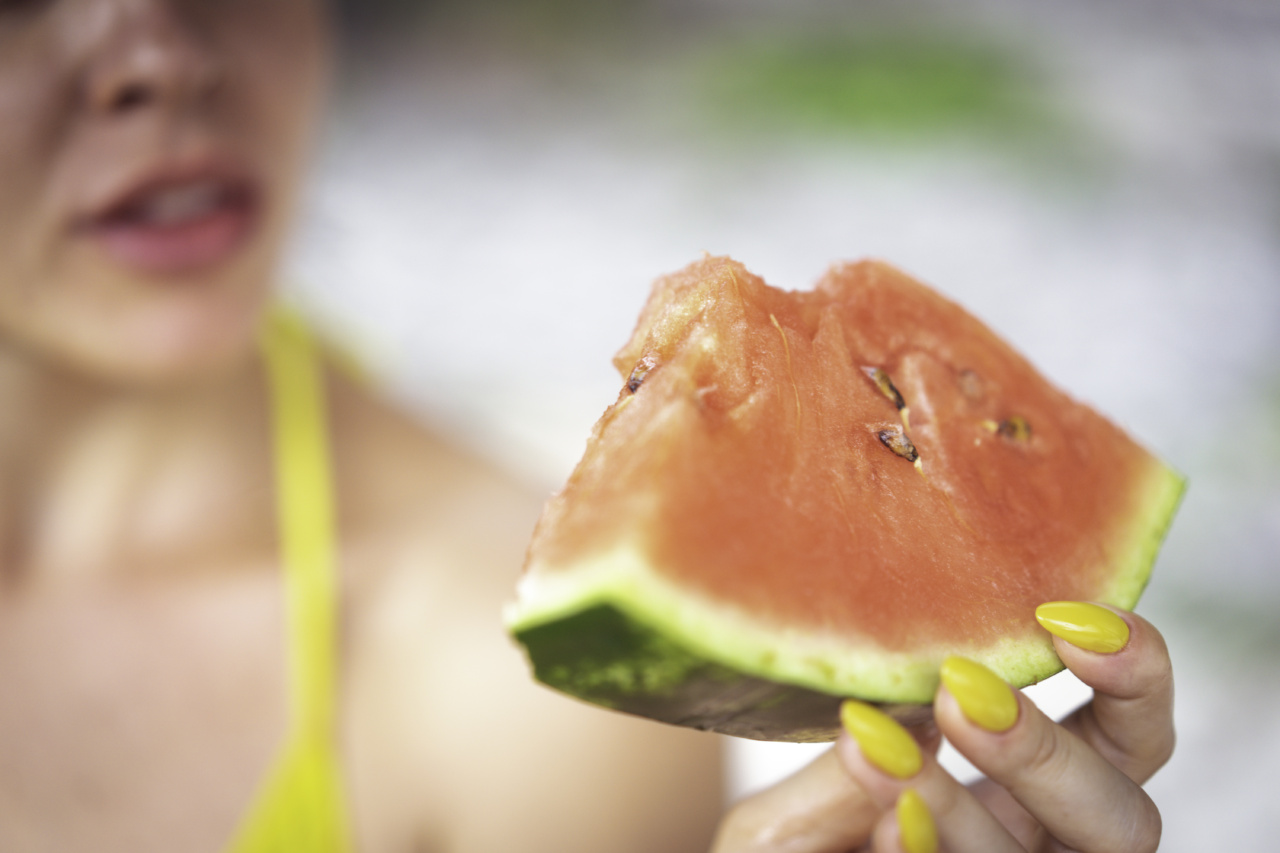Vitamin D is an essential nutrient required by our body to maintain healthy bones and teeth. It helps in the absorption of calcium, regulates cell growth and supports our immune system.
Unlike other vitamins, our bodies can produce vitamin D when our skin is exposed to sunlight. However, a significant percentage of the population has vitamin D deficiency due to inadequate sunlight exposure, a poor diet, and certain health conditions.
The recommended dietary intake of vitamin D is 600 IU per day, but this may vary based on age, weight, and overall health. In addition to sunlight exposure, incorporating foods rich in vitamin D can help maintain adequate levels of this nutrient.
Here are the top five vitamin D-rich foods that you should include in your diet:.
1. Fatty Fish
Fatty fish such as salmon, tuna, and mackerel are an excellent source of vitamin D. A 100-gram serving of salmon contains around 600-1,000 IU of vitamin D.
Tuna and mackerel also contain substantial amounts of this nutrient, with a 100-gram serving providing around 200-400 IU of vitamin D.
In addition to vitamin D, fatty fish is also high in omega-3 fatty acids, which are beneficial for heart health. Including fatty fish in your diet twice a week can help you meet your daily vitamin D requirements.
2. Egg Yolks
Egg yolks are another excellent source of vitamin D. A single large egg yolk contains around 40 IU of vitamin D. While the vitamin D content in egg yolks is relatively low, consuming them as part of a balanced diet can contribute to your daily intake.
Egg yolks are also high in choline, which is essential for brain health. However, it is important to consume eggs in moderation as the yolk is high in cholesterol.
3. Fortified Foods
Fortified foods are an excellent source of vitamin D, particularly for individuals who are lactose intolerant, vegan, or have limited sun exposure.
Many food manufacturers fortify their products with vitamin D to provide consumers with an additional source of this nutrient.
You can find vitamin D-fortified foods in various forms such as milk, orange juice, yogurt, and cereals.
A cup of vitamin D-fortified milk contains approximately 100 IU of vitamin D, while an 8-ounce serving of fortified orange juice contains around 142 IU of vitamin D.
4. Mushrooms
Mushrooms are an excellent source of vitamin D, particularly those that are exposed to sunlight or UV light during processing. A half-cup serving of sliced mushrooms can provide around 400 IU of vitamin D.
Studies have also shown that exposing mushrooms to sunlight for just 15-60 minutes can increase their vitamin D content considerably.
Incorporating mushrooms into your diet can not only provide you with an excellent source of vitamin D but also other important nutrients such as potassium and fiber.
5. Cod Liver Oil
Cod liver oil is a potent source of vitamin D, providing around 450-1,360 IU of this nutrient per tablespoon. Cod liver oil is also high in omega-3 fatty acids, which can promote heart health and reduce inflammation in the body.
However, it is essential to ensure that you do not consume too much cod liver oil as it is also high in vitamin A, which can be toxic in large amounts.
Consuming one tablespoon of cod liver oil per day can provide adequate amounts of vitamin D without exceeding the recommended daily intake of vitamin A.
Conclusion
Achieving adequate vitamin D levels is critical for overall health and well-being. Incorporating the above vitamin D-rich foods into your diet can help ensure that you meet your daily vitamin D requirements.
However, it is essential to consume these foods in moderation and follow a balanced diet to ensure you receive adequate nutrition.





























